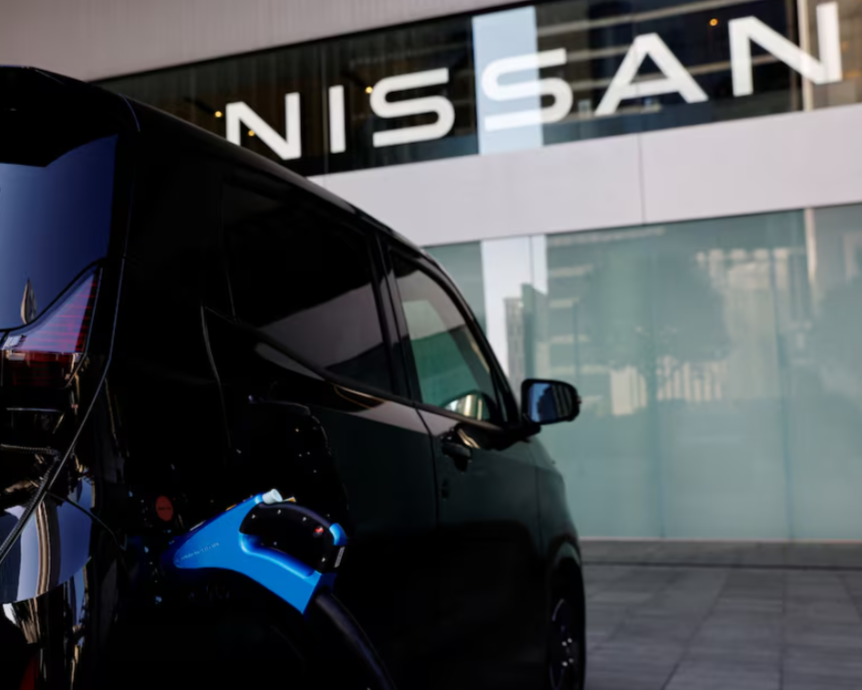Nissan Motor, the Japanese automaker, is set to manufacture electric vehicles (EVs) for its Chinese joint-venture partner Dongfeng Motor at its Wuhan factory by the end of this year, according to a report by the Nikkei newspaper on Tuesday. This move is indicative of the challenges Nissan is facing in the Chinese market.
The decision to produce EVs for Dongfeng is part of Nissan’s strategy to reduce fixed costs and increase the utilization rate of the Wuhan facility, which has been experiencing declining production due to falling sales. This approach aims to optimise the plant’s operations in the face of market pressures.
The Wuhan factory, which has an annual production capacity of 260,000 vehicles, is already manufacturing Nissan’s Ariya EV and X-Trail SUV through its joint venture with Dongfeng. The plant will now add production of Dongfeng’s new Zhiyin EV, which is part of its Voyah brand, to its manufacturing lineup.
Nissan’s involvement in China is extensive, with eight factories operated through its joint venture with Dongfeng. However, the company recently halted production at one of these plants, though it maintained its commitment to the Chinese market, which remains the world’s largest automotive market.
The challenges Nissan faces in China are not unique among Japanese automakers. Both Nissan and Honda Motor have been significantly impacted by Chinese consumers’ shift towards more affordable, technology-rich vehicles produced by a variety of local brands, including BYD. This trend reflects the rapidly evolving preferences of Chinese car buyers and the intense competition in the market.
The rapid proliferation of battery-powered vehicles by Chinese automakers is not only creating difficulties for Nissan and other Japanese manufacturers in China but is also posing an increasing challenge to their operations in other regions, such as Southeast Asia and Europe. This global expansion of Chinese EV brands is reshaping the competitive landscape of the automotive industry beyond China’s borders.
This development underscores the broader shifts occurring in the global automotive industry, particularly in the EV sector, and highlights the need for established automakers like Nissan to adapt their strategies to remain competitive in key markets like China and beyond.



